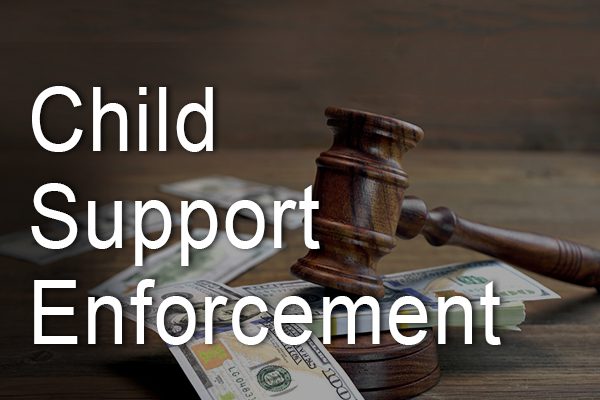
42 USC 658a – Federal Incentives and State Child Support Enforcement
Overview: 42 USC 658a incentivizes states to enforce child support orders by providing federal funds based on performance metrics. This blog explores how these financial incentives can lead to overzealous enforcement and possible conflicts of interest.
Case Law: In Blessing v. Freestone, 520 U.S. 329 (1997), the U.S. Supreme Court held that states’ performance on child support enforcement does not automatically create a private cause of action for individuals. This case demonstrates the balance between federal incentives and individual rights.
42 USC 658a – Federal Incentives and State Child Support Enforcement
Federal and state governments work together to enforce child support orders, ensuring that children receive the financial support they need from both parents. One key driver behind this system is 42 USC 658a, a federal law that incentivizes states to vigorously enforce child support orders by providing federal funds based on their performance. While the goal is to improve the efficiency of child support enforcement, this financial incentive system can sometimes lead to overzealous enforcement practices and conflicts of interest. This blog explores how these incentives work and the potential consequences for both parents and children.
How 42 USC 658a Works
Under 42 USC 658a, the federal government allocates funds to states based on their performance in enforcing child support orders. The law sets specific performance metrics that states must meet to receive these funds, including:
- The number of cases with child support orders in place
- The amount of current child support collected
- The collection of overdue payments (arrears)
- The establishment of paternity in cases where it is in question
The higher a state’s performance in these areas, the more federal funds it receives. These funds are critical for state child support programs, covering the administrative costs of enforcing orders, pursuing non-compliant parents, and providing services such as locating parents and establishing paternity.
The Impact of Financial Incentives
While the goal of 42 USC 658a is to ensure that child support orders are enforced and children receive financial support, the system can sometimes lead to unintended consequences. States, eager to secure federal funds, may prioritize enforcement over fairness, resulting in overzealous practices that could harm parents and families.
For example, non-custodial parents who fall behind on payments may face aggressive collection efforts, including wage garnishment, property liens, suspension of driver’s licenses, and even imprisonment in extreme cases. While enforcement is necessary in cases of willful non-compliance, these measures can sometimes be applied indiscriminately, without considering the financial realities or hardships faced by the non-custodial parent.
Additionally, the incentive structure may create a conflict of interest for states. Instead of focusing solely on the best interests of the child and ensuring that child support orders are fair and reasonable, states may be motivated by the desire to maximize their federal funding. This can result in states pushing for higher child support payments or aggressively pursuing arrears, even when the non-custodial parent is facing legitimate financial challenges.
Case Law: Blessing v. Freestone
The U.S. Supreme Court case Blessing v. Freestone, 520 U.S. 329 (1997), highlights the tension between federal incentives and individual rights. In this case, the plaintiffs argued that they had a private right of action to enforce state compliance with federal child support requirements under 42 USC 658a. The Supreme Court held that while the federal law provides incentives for states to improve their child support enforcement performance, it does not create an individual right for private citizens to sue states based on their performance.
This ruling underscores the fact that while states are held accountable for meeting federal performance metrics, individuals do not have the automatic right to challenge how these metrics are pursued or enforced. It places the responsibility of balancing aggressive enforcement and fairness squarely on the shoulders of state child support agencies.
Conclusion
While 42 USC 658a plays a vital role in ensuring that states have the resources and motivation to enforce child support orders, it can also lead to overzealous enforcement practices driven by financial incentives. The case of Blessing v. Freestone illustrates the limitations placed on individual rights in challenging state enforcement efforts under this system. As states continue to pursue federal funding, it is essential for child support agencies to strike a balance between meeting performance goals and ensuring fairness and equity for all parties involved in child support cases.





